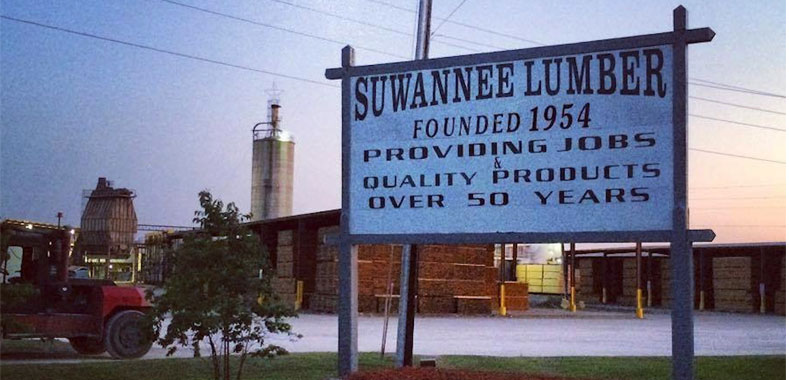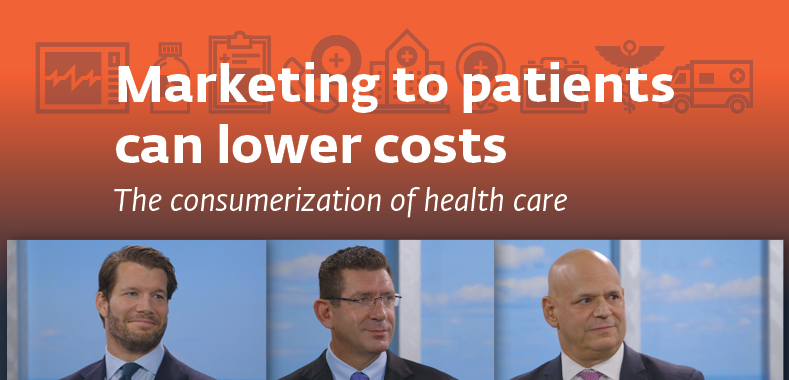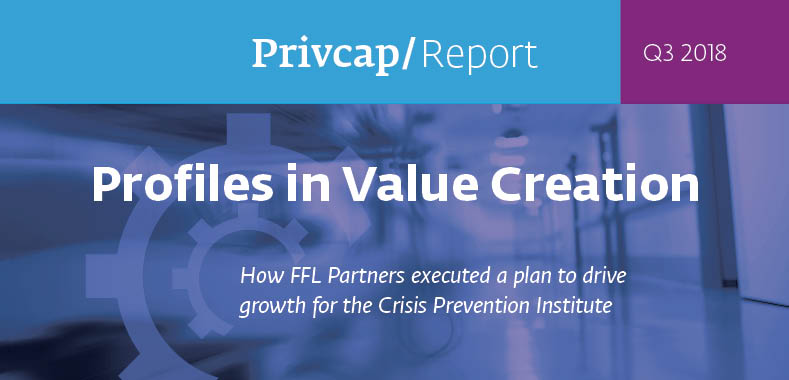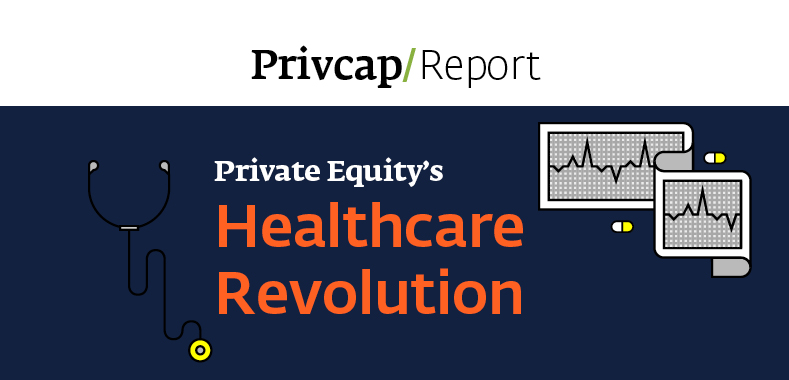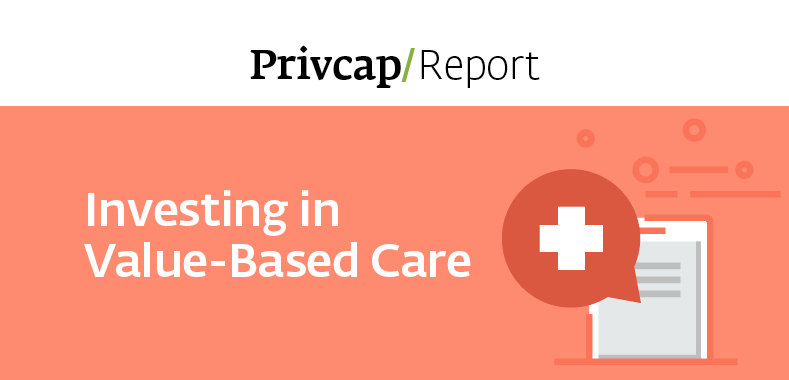A Brooklyn Clinic Changes the Healthcare Game
With U.S. healthcare needs growing every year, Blue Wolf Capital Partners disrupted this giant industry by taking their operational and regulatory expertise to create ModernMD, a network of local urgent-care clinics that today serve Brooklyn’s large Medicaid population.
Transcript Download Transcript
A Brooklyn Clinic Changes the Healthcare Game
Jeremy Kogler, Blue Wolf Capital Partners:
Any highly regulated business or industry can oftentimes turn away institutional investment because it’s complicated, it’s difficult, and it’s a pain in the neck. We like those issues. To the extent that you can solve them, you can create value.
The success of urgent-care in the US is really the result of patients increasingly wanting better access to convenient health care with superior clinical outcomes. Our business model’s a little bit differentiated in that we’re targeting Medicaid and underserved patients who we think are even in more need of that access to care. What we’ve observed in Brooklyn is a city with millions of people, roughly the size of Chicago, with a complete dearth of primary care. This was a pretty well-documented problem, so people knew this, people observed this, but no one had really sought to solve it. We thought we could bring the operational rigor, the domain expertise, regulatory experience, and really the resolve to try and meet that unmet demand.
Tom Byers, ModernMD:
We looked at a study that was performed by one of the local hospital groups and we noticed that there were nine fairly designated health care provider shortage areas, so we started looking in each one of those areas that were located close to the city hospitals and other hospitals where we could help them decant the patient visits and treat the patients in the right setting.
Kogler: There are very strict rules on the involvement of investors in health care organizations. That applies to urgent-care. So, what we did was partner with the Brooklyn Hospital to manage the clinical operations of the enterprise we were building. Though we built them facilities from the ground up, we never viewed it as a start-up. We knew the market really well. We had a partnership with a local acute care institution, which gave us a lot of comfort around volume and reimbursement, which would be kind of the core unknowns.
Byers: When we met with these guys initially, they said, “Tom, we want to be a disrupter in the health care industry. We want to be a disrupter in these communities. We want to change one community at a time.” They said, “We believe that we have a platform on how to achieve that.”
Kogler: What we found in Tom was someone who has a great deal of operational expertise, but a great deal of customer management expertise as well, and serving those customers in a very individualized, unique way was really important to us then, and is a critical component of the culture today.
Byers: We’re involved with PTA associations. We’re involved heavily with the 83rd Precinct. Anything and everything that we can do, we do, because, A, it’s good for the business and to help serve the mission of what we do, which is to help the communities and become a good community business partner.
Kogler: We could marry operational discipline with our health care knowledge and drive what we thought would be superior clinical outcomes while navigating a tough, regulatory landscape, and not a lot of funds that do those sorts of things really well. This problem exists in lots of other markets throughout the country and to the extent that we can replicate the success we’ve had in Brooklyn in other cities with the same problems, we think we can be quite successful.



